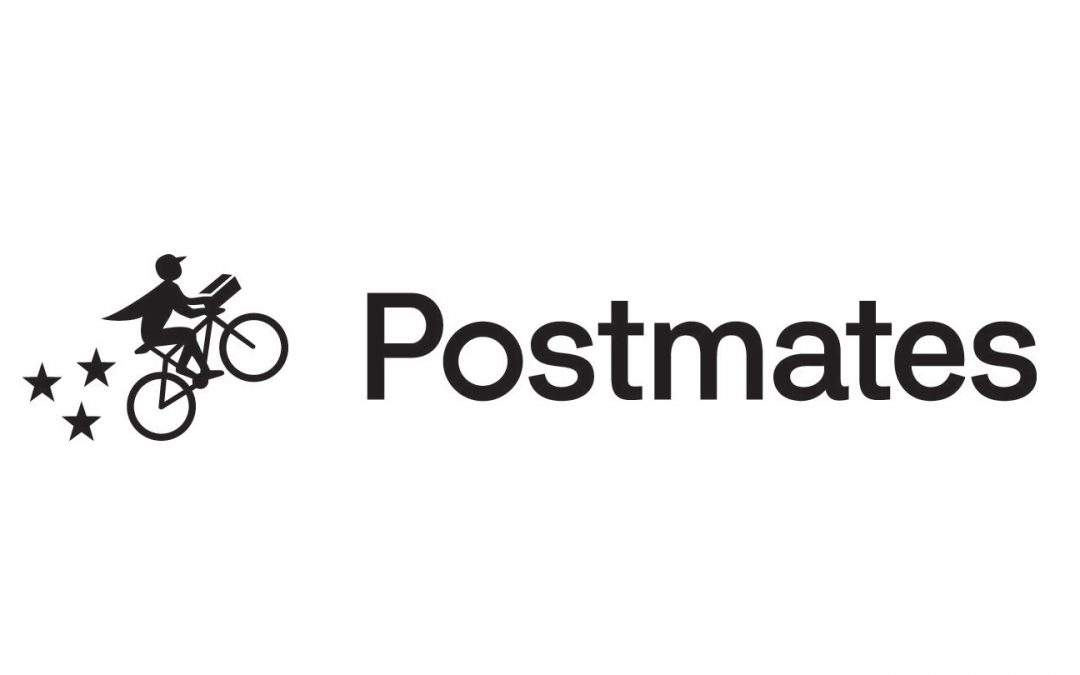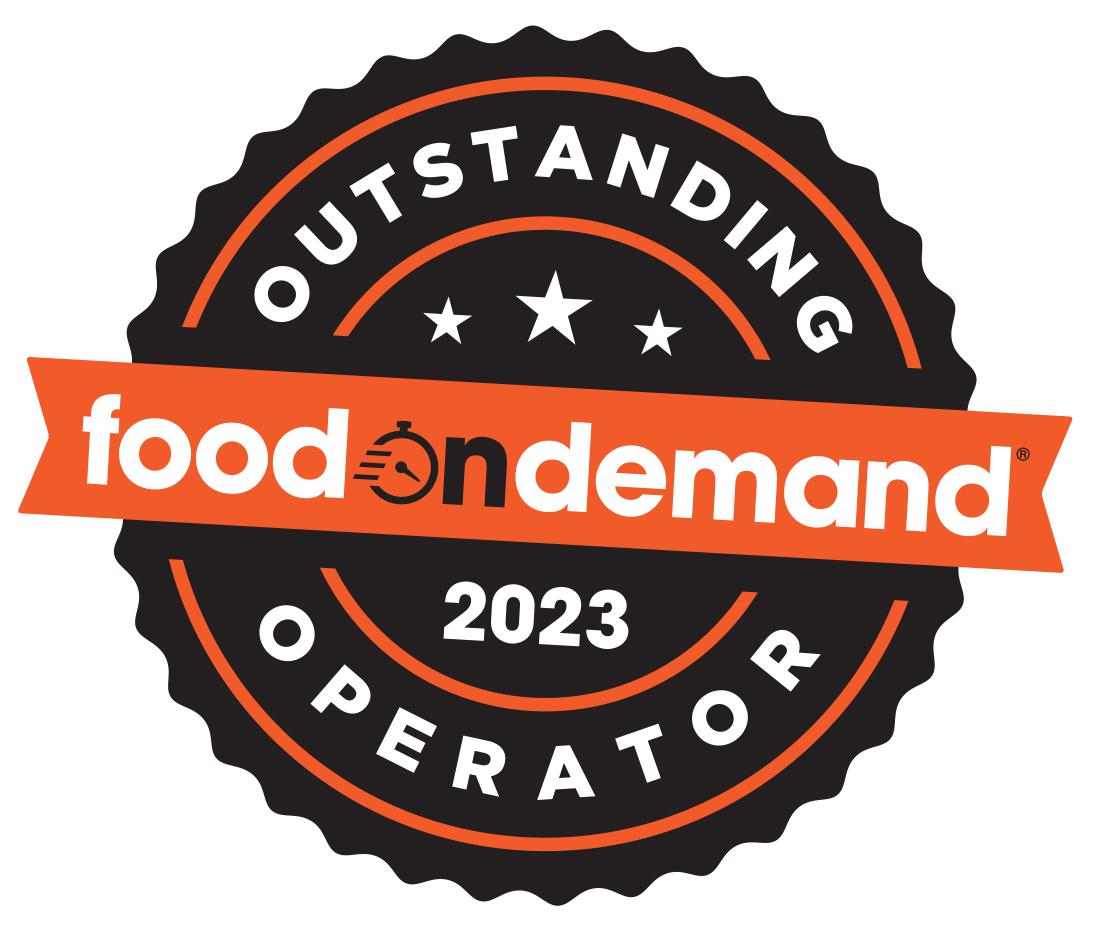Postmates is the name of the week when it comes to investments. The third-party delivery provider announced a $300 million investment form Tiger Capital today.
According to a press release, the new funds will go toward growth and investments in efficiency.
With this funding, Postmates will expand its selection advantage; broaden coverage to over 70% of U.S. households by the end of the year; unleash new point-of-sale integration technologies; deploy state of the art API tools (offering white-glove delivery services to non-brick and mortar retail partners at scale); scale social impact investments & new workforce development policies; and invest in cutting edge R&D to devise new last-mile mobility solutions.
Tiger Capital has invested all over the consumer and technology landscape, leading investments in vaporizer company JUUL, a Chinese AI firm, Wealthfront and other payment and point-of-sale companies worldwide. It’s also touched some of the biggest name brands out there, including Spotify, LinkedIN, Facebook and Glassdoor.
With the investment, partner Scott Schleifer will join the Postmates board. Postmates CEO Bastian Lehmann said since Tiger and Schleifer have been working with the company since 2015, his appointment wouldn’t prompt any meaningful changes by way of company trajectory.
According to Fortune, this investment pushes Postmates valuation to $1.2 billion, inching them into the billion-dollar “unicorn” club, the vaunted group of companies valued at more than $1 billion. It joins the likes of Uber, Facebook, Airbnb, Lyft 266 other monster companies.
The entrance into that select club also has management thinking more seriously about going public. In an interview with CNBC, Lehmann said it might be happening very soon.
“I would love to take this brand pubic, and we really like 2019,” said Lehmann.
In that interview, he also noted that the company makes money on every order and 90 percent of Postmates markets are profitable. That’s ahead of competitors who have been pushing growth while Lehmann said Postmates has been pushing profitability, and achieving margins of 50 percent or more.
“We think we’re leading the race because we’re so determined when it comes to efficiency—route efficiency—and unit economics,” said Lehmann.




